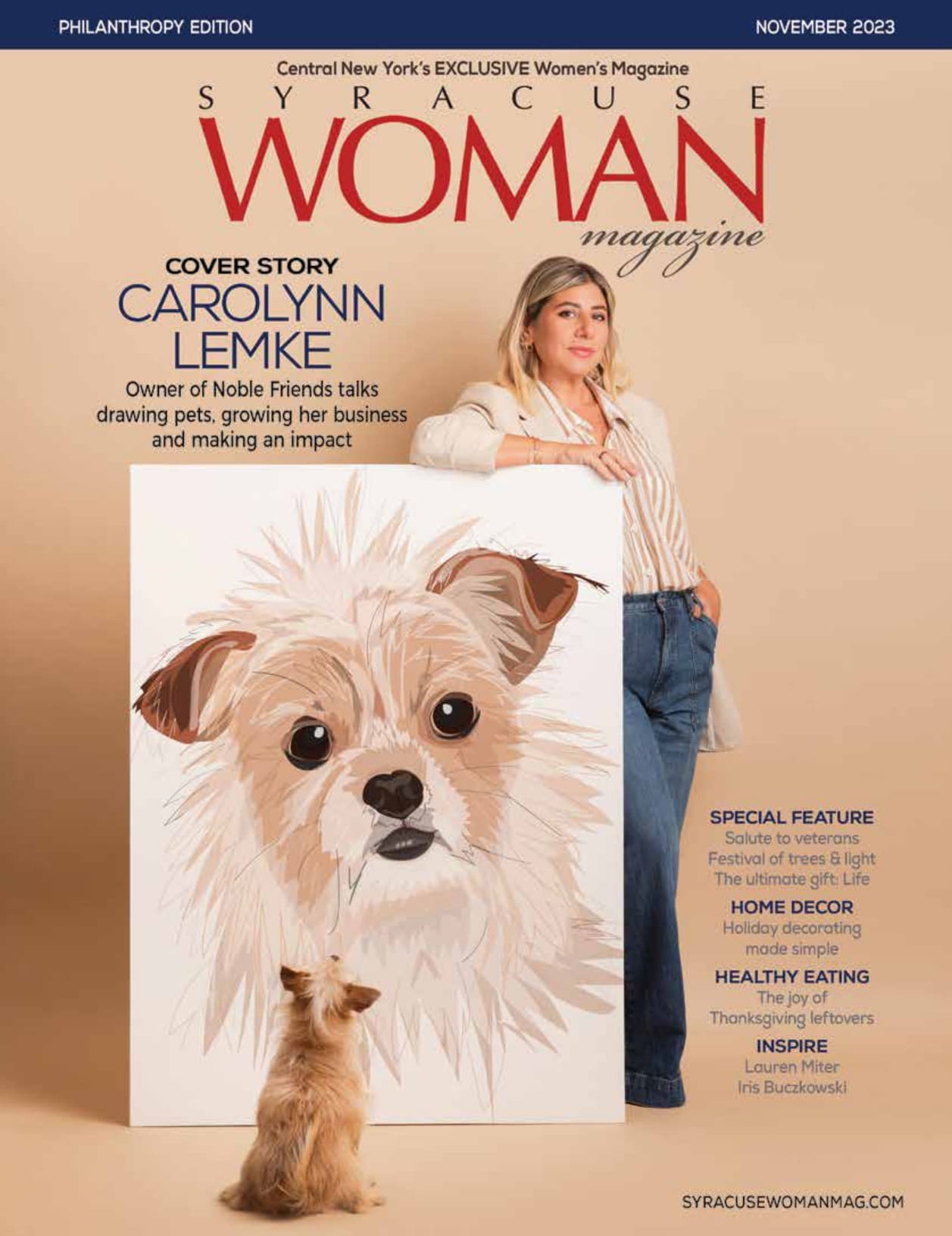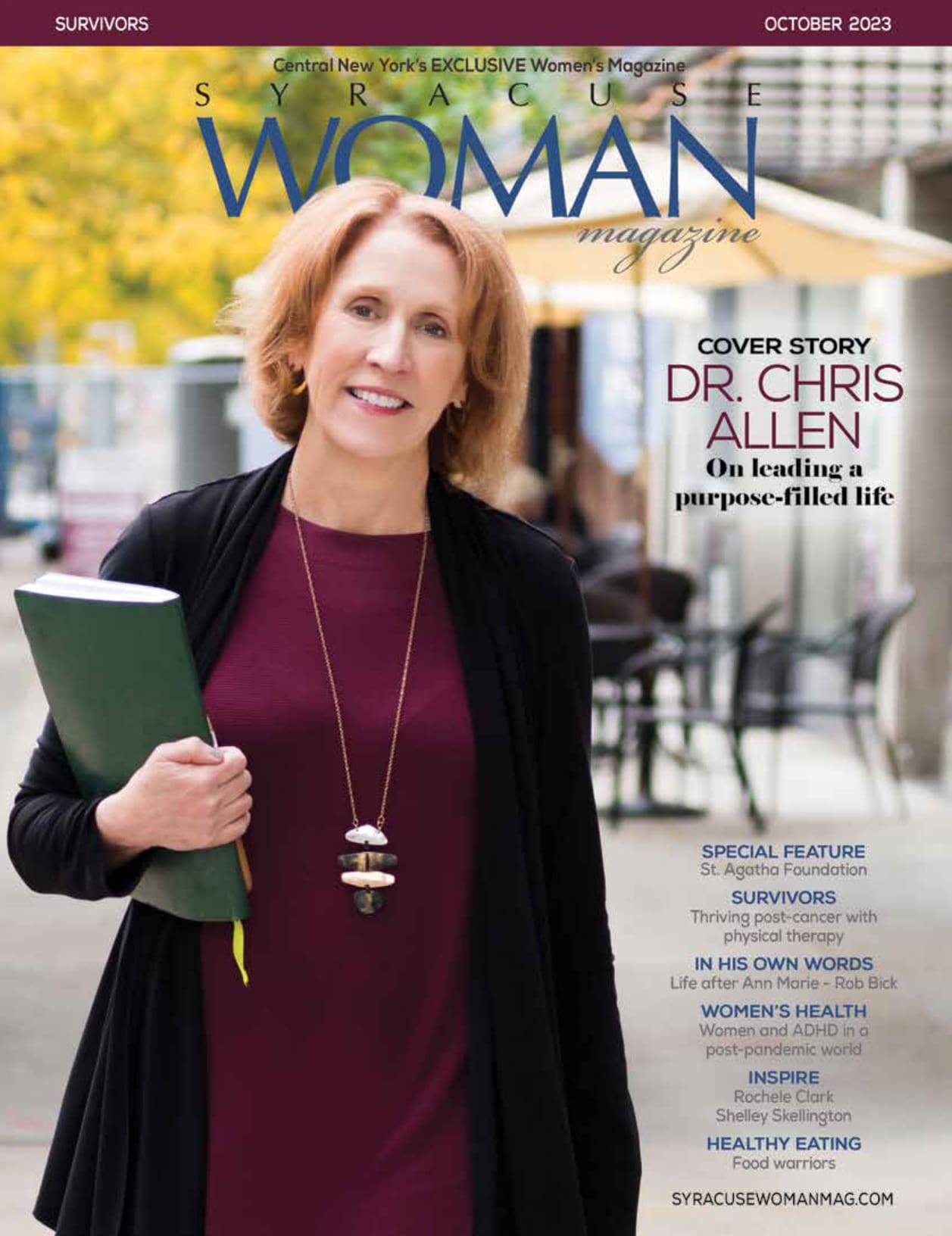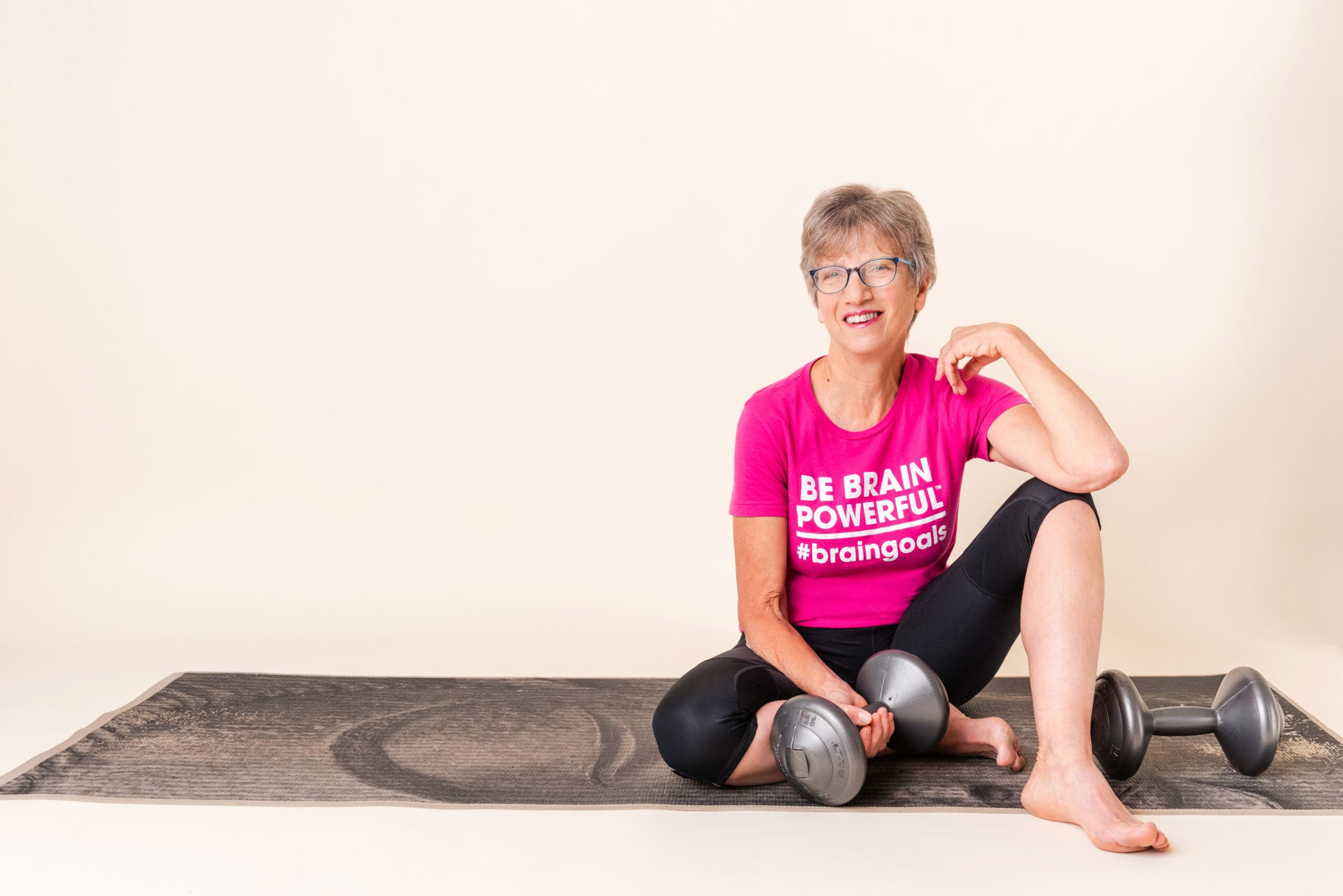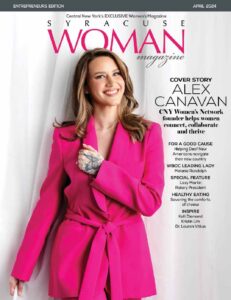Photo by Alice G. Patterson Photography
Pamela Hunter’s first visit to a campaign office was a portentous one.
Hunter, the current representative for the 128th Assembly District, had just moved to Syracuse and was looking to get involved in local politics. Syracuse Common Councilor Van Robinson brought her a campaign office in the midst of the 1998 election season.
“There’s all these volunteers in there, and they were stuffing envelopes, and it was busy,” Hunter said. “I was like, ‘This is democracy. This is how it works.’”
As it turned out, those campaign workers were stuffing envelopes on behalf of former Assemblywoman Joan Christensen, whose 121st Assembly District seat would ultimately become part of the revamped 128th District in 2012.
“[That’s the] actual seat I am sitting in today,” Hunter said. “I would never have known that back then that today I would have the seat that I just randomly had went in, and we didn’t even stay. We were probably in there for 30 minutes.”
Hunter is now in her fourth year on the Assembly, having first been appointed to Sam Roberts’ seat when he left to take a position in the Cuomo administration. The former Syracuse Common Councilor and chair of the Onondaga County Democratic Committee is the only female veteran on the state legislature — but she said she’s also very much a part of her community.
“I think that people need to recognize on a human level, that I am your neighbor, too,” she said. “I walk my dog in the neighborhood every day. I know my neighbors. I know their dogs. I know their dogs’ names. I’ve done this for years and years.”
Small town to big city
Hunter was adopted at the age of nine months by Robert Meyer, a Presbyterian minister, and his wife Janet. The Meyers also adopted another daughter, and they had four biological children. The family moved around a fair amount for Robert’s job, spending time in Utah as well as a Native American reservation in Arizona on the California border, but Hunter said most of her childhood — first her elementary years, then again in high school — she lived in Lake Luzerne, located in the Adirondacks.
“My sister and I were the only people of color in this entire town of 3,000 people,” she said. “I think those kinds of experiences kind of shape people. It could make you feel less confident being in places constantly where you’re the only one, where you don’t have people who perhaps look like you, or you can embrace the challenge of diversity, and it makes you [a] stronger, more positive, confident person.”
After graduating from high school in Lake Luzerne, Hunter was accepted to Johnson & Wales University. But she wasn’t able to pull together financial aid.
“It was simple,” she said. “It was either you went to college, [or you] got a job.”
When it became clear that college wasn’t an option, Hunter started looking at her choices. She had an older brother who had gone into the Army. She decided that was the right path for her, as well.
“I thought that it was a way out of living in a small town, and I wasn’t just going to get some random job,” she said. “I needed to have some kind of foundation for my future, and I definitely think if you don’t know what you want to do, or if you want to have help to get you to where you want to go, the service definitely was a way to go. It makes you a more solid, well-rounded person.”
Before she had even turned 18, Hunter was permanently stationed at Fort Belvoir, Virginia, where she spent nearly her entire three-year tenure in the Army. She got married and followed her husband to Germany and stayed there when he was deployed during Operation Desert Shield/Desert Storm. They later divorced and she returned to the U.S., earning a dual bachelor’s degree in business and computer information systems. She started working at Arthur Anderson Consulting, commuting to their Washington, D.C., office from her home in Northern Virginia.
“It was a great time,” Hunter said. “I was just kind of living my best 20-year-old life.”
Starting a life of service
Then her sister got a call from Hunter’s high school sweetheart.
“My sister calls me one day and she’s like, ‘Some guy’s looking for you.’ I’m like, ‘Give me his number,’” Hunter recalled. “I knew who it was already. She didn’t even have to tell me who it was. So we had made plans to meet in New York.”
Reconnecting with her old boyfriend, David Hunter, made her realize she wanted to make a major change in her life.
“I owned my own home, I had a great job working for Arthur Anderson, and it was just that 12-mile commute that took one hour to drive, that all of a sudden became consuming,” Hunter said.
So 21 years ago this December, she moved to Syracuse to be with David. They ultimately married and had a son, who just finished his first year of college.
Hunter, meanwhile, looked to make her mark on this community. She worked for several area non-profits, including the Syracuse Community Health Center and AccessCNY, and served on the boards of such agencies as Catholic Charities, Meals on Wheels and the Syracuse Industrial Development Agency.
“I think that’s kind of been my trajectory into public service, because I had been ingrained in the community since I’ve been here,” she said.
Hunter, who had been active in local politics in D.C. when she lived there, was looking for something more — “something you get your teeth into, that you’re impactful,” she said. She met former Syracuse University basketball star Eddie Moss at a networking event. Moss, who published a Black weekly newspaper called The Pride, invited her to a forum for elected officials and introduced her to Van Robinson. That’s when she signed up to join the Democratic committee.
“That kind of elevated me to running to be on the [Syracuse] City Council. I was appointed first, and then I ran again,” Hunter said. “When the opportunity came to be in the assembly, I felt like I had whatever the check boxes are — actively participating in the community, having served on different boards, knowing the constituency, having provided constituent service before, having been able to author legislation. It just seemed like the right time.”
A diverse district
The district Hunter represents is one of the most diverse in the state. It includes the towns of DeWitt, Onondaga (including the Onondaga Nation) and Salina, as well as portions of the city of Syracuse.
“It’s impactful,” Hunter said. “It’s very significant to see generational poverty and to drive not five miles away and see almost mansions that people live in. There is a huge culture/racial divide where we live. I have a dairy farm and I have the super inner city. I have one of the best school districts out there in J-D, and I do have a sliver of F-M, and I’ve got the city schools.”
You might think it’s a challenge to represent such different populations, but at the end of the day, Hunter said all of her constituents have the same needs.
“Whether I am at Boulder Heights in DeWitt, or if I am down on West Newell on the South Side, if I knock on the door, every one of them would say having quality education is paramount,” she said. “People want a great quality of life. A great quality of life means they want their roads fixed, they want their bridges fixed. They want to make sure that the infrastructure is where it needs to be so that the home I live in has value, regardless where people live. They want to make sure when they call the police, that they come, that they have resources needed for their life… Regardless of where someone lives, all of them want that.”
Hunter takes her responsibility to her constituents seriously. All of the legislation she’s proposed, she said, comes directly from the people she represents.
“Those that I craft that are original pieces of legislation actually come from people who live here,” she said. “It’s not some governmental bureaucracy creating legislation. It literally comes from people who have sat in this office, who said ‘We feel these are the needs of the people who you’re representing.’ It’s not some huge big grand policy — these impact a life at the every-single-day level.”
Representing veterans
Another important title Hunter holds is that of the only female veteran on the state legislature. She said she’s both humbled by the responsibility and awed that she holds it.
“We’re in 2019 still talking about firsts, and it’s just amazing. How can that be?” she asked. “There’s 150 people in the assembly, 63 people in the senate. How can it be just me in the whole state that has 19,000,000 people?”
Hunter serves on the legislature’s Veterans Affairs Committee, and she chairs the Women Veterans Subcommittee. She said she feels a great camaraderie with the many vets who come through the legislative chambers.
“We are kind of brothers and sisters in arms, so to speak, because we know without having to say,” she said. “And it doesn’t make a difference, if you’re in conflict or not, it’s like you know. It’s just like this bond that you will always have.”
As chair of the subcommittee, Hunter hosts an annual statewide Women Honoring Veterans event.
“It’s an honor to bring women from across the state to the capital, and just the way that they’re received from all of the members of the assembly,” she said. “People will come in their wheelchairs and their walkers. Some have uniforms, and a lot of people will wear their American Legion hat. To me, it’s important. It’s an honor. It’s a part of me, and being able to actually represent the military in some way after being out, it’s a privilege.”
Hunter said she hopes soon she won’t be the only female vet in the legislative body. It’s already trending in the right direction.
“I think even if you look at the dynamic of the assembly now, I mean, you have more women and more people of color in that House than you’ve ever had before,” she said. “You have a speaker and a majority leader of color. So that dynamic of how kind of that old school way of thinking, it’s not like that anymore.”
Hunter said she’s not sure what her own future holds.
“I never thought that I would be here,” she said. “I know the steps that I need to continue to do to grow and be prepared and be out there and available in the community. Whatever the path is, it will come.”






Sad that she voted to take the freedom she fights for away from 26,000+ children who can no longer go to school in NYS. She did this after we called and called her office asking for her position on vaccine exemption and her staff said “we don’t know, she has never comment on it.” Yes, without a public forum, or hearing and talking to the people she represents she voted to kicked my children out of school, and also kick disabled vaccine injured children out of school. Not impressed. She should stop, listen, and maybe engage with the people she represents before she votes on something her staff say “she never considered.” Vote her out.
How wonderful to read your profile of our #Cribmate (affectionate term for fellow adoptee) Assemblywoman Pamela Hunter. She is indeed an impactful legislator. Your article mentioned Assemblymember Hunter’s experience as an adoptee, but did not give her credit for working to alter Governor Hebert Lehman’s shameful legacy of sealing adopted people’s birth records and denying us access even as adults. The MontgomeryWeprin Bill, if signed by Governor Cuomo, will restore birthrecord access to adoptees over age 18. Assemblywoman Hunter and Jacob Sherretts, her Legislative Director, were thanked by Assembly Prime Sponsor David Weprin when the bill was voted on and passed. Her story persuaded long time opponents to see the legislation from the adoptee perspective; and change their votes to affirmative.
Pamela Hunter was also first to sign on to coSponsor the BenedettoBiaggi Adoptee Access respect for Adoption Bill that would extend access to adoptee birthrecords, including to adoptive parents, during a child’s minority, who may need the information.
Policies put in place by adoptive father Governor Herbert Lehman met their match in an adoptee woman veteran serving her community in the 128th Assembly District. Thousands of people effected by these policies couldn’t be more grateful.